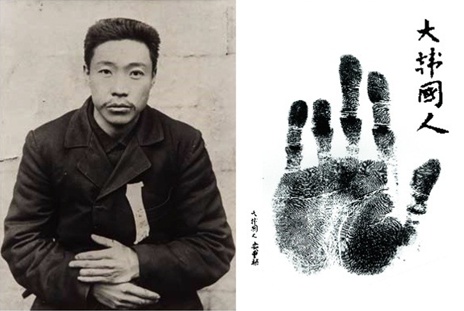
To commemorate the centennial of the March 1st Independence Movement and the establishment of the provisional government of Korea, the Ministry of Patriots and Veterans Affairs (MPVA) announced a project to excavate the remains of independence activist Ahn Jung-geun.
Japan’s colonial rule over Korea began in 1910 and lasted until the end of World War РЁА in 1945. Ahn shot Ito Hirobumi, the first Japanese resident general of Korea, in 1909, when Korea was on the verge of being annexed by Japan. He was arrested and imprisoned in Lushun Prison in Liaoning Province, northeast China. He is assumed to have been buried near the jail when he died in 1910 at the age of 30.
Prior to his execution, Ahn left a will to his two brothers and said, “I wish for my bones to be buried near the Harbin Park after I die and then to be brought back once Korea recovers its sovereignty. I will also make every effort for the independence of Korea even after I go to heaven.” At that time, Ahn’s family demanded his remains be returned to Korea, but Japan refused and kept his burial site a secret. Still, Japan remains silent toward the Korean government’s repeated requests for colonial documents and other records on the burial of Ahn.
Recently, the MPVA said that it will push for a joint excavation work to find Ahn’s remains with North Korea and China. In addition, it will continue to ask the Japanese government for cooperation in offering information and colonial government documents on the burial of Ahn and the location of his grave. President Moon Jae-in also made a similar pledge during his meeting with surviving independence activists and their families.
We must reflect on our failure of protecting and fulfilling the last wish of the hero who changed 100 years of Korean history.


